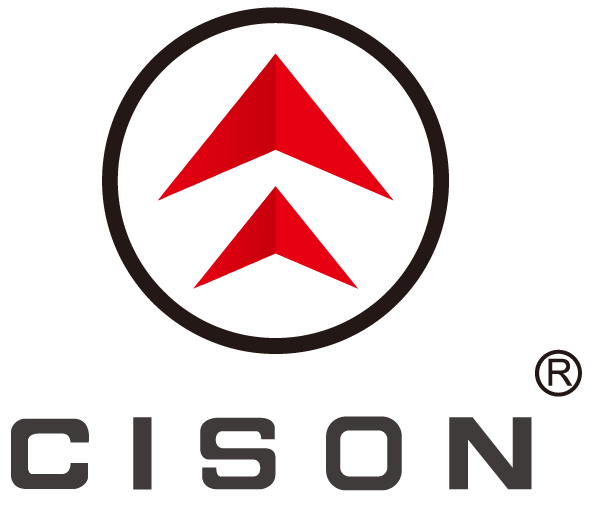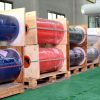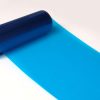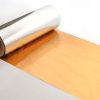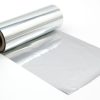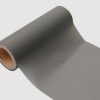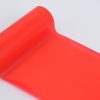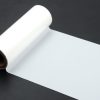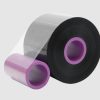
PRINTED CIRCUIT BOARD LABELS
Printed circuit board identification and traceability
The label on a printed circuit board (pcb) is subjected to significant stress throughout the production process. Poor quality or damaged printing can have an impact on production process monitoring, on logistics and on the use of the printed circuit board (pcb) in the end product.
Such message legibility and durability requirements are at the heart of the process of selecting a print solution.
Printed circuit board label printing
The technologies used in component soldering and residue cleaning are very demanding: for example, temperatures can reach as high as 300°C (572°F) and the dispersal of solvents under high pressure may easily compromise the label and printed message.
Laboratory ageing tests for demanding sectors (e.g. aeronautics, automotive and armaments) reproduce the high mechanical and thermal stress to which the printed label is subjected (resistance to UV, humidity, heat, cold, temperature variation, etc.).
Certain international print performance regulations (UL standard) and those covering the use of regulated substances must also form part of the process for selecting the print technology.
CISON ribbons for pcb printing
Thermal Transfer technology is the most reliable print technology for printing unitary information on pcb labels.
The high definition of the print head produces extremely accurate printing of all types of barcodes (vertical, horizontal, datamatrix, 2D, etc), alphanumerical characters and logos, even on very small labels.
CISON Resin inks in combination with synthetic labels (polyester, polyamide, polypropylene or polyimide) offer the best solution in terms of print quality and resistance to temperature, abrasion and solvents.
Within the range of CISON Thermal Transfer ribbons there are solutions for complying with EU Directives 2011/65/EC (RoHS) and 2002/96/EC (WEEE), as well as meeting the restrictions of halogen compounds and the UL standard on printed label durability.
The expertise Armor
- Resistant to soldering and cleaning solvents
- Print fineness suitable for small characters and barcodes
- Inks without halogenated substances
